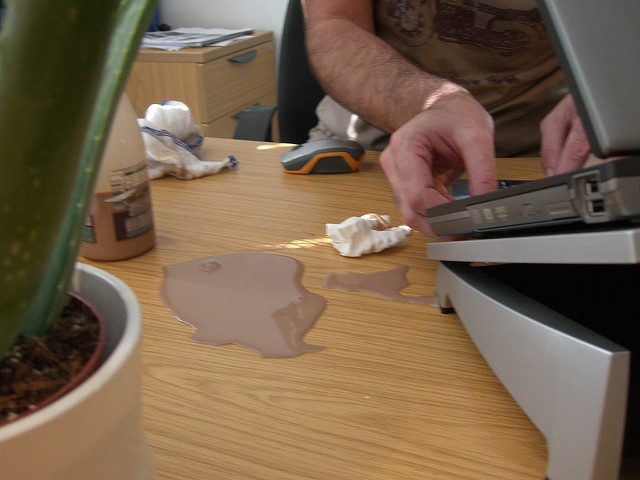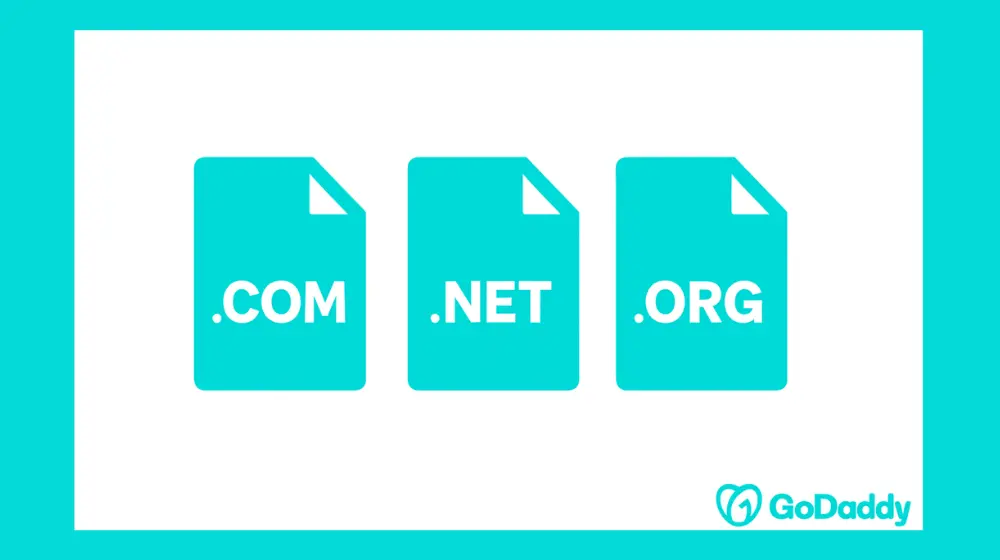Here’s a nightmare scenario for you: You wake up, have your morning coffee, and get on the computer to check your website because you have a big meeting on the agenda. Your site is integral to demonstrating the breadth and width of your capabilities to potential investors. However, after your type your domain name in the url to land on your home page, you’re no longer greeted with your business’s mission statement. Instead, you’ve become a vendor of mail-order prescription medicines overnight. You, my good friend, have been hacked. And a website backup might be the only thing fast enough to get you up and running in time for your meeting.
In this article we will discuss a few important questions:
- What is a website backup?
- Do websites need backup?
- Why perform website backups?
- What is GoDaddy website backup?
What is a website backup?

Simply put, a website backup is the single greatest insurance plan any website owner can invest in to prevent against website files loss. Everyone knows the importance of backing up your computer files, but rarely do they give any credence to making sure their website has backups.
There are many things — both accidental and intentional — that can destroy all the hard work you’ve invested in your site.
If you don’t want to end up unwittingly selling prescriptions to all your visitors, then it’s imperative you back up your site files (preferably in multiple locations) to keep your content safe and secure. Don’t believe me? Well, let’s see if I can change your mind.
Do websites need backup?
The simplest and most direct answer is yes. Websites need to be backed up. Not only because of attacks, but also because errors do happen. Damage to your web hosting provider occur. Yes it is a shame and you can blame the provider all you want and can sue them too, but it won’t bring a single file of your website data back. That is why a one-click backup solution is a great investment.
You may watch this tutorial on how to backup files work and
5 reasons to perform a website backup
-
Accidents happen.
-
Getting hacked is a grim reality.
-
Computers crash all the time.
-
Updates can go wrong.
-
You miss a bill or payment.
Now let's look at each reason in more detail.
1. Accidents happen

People make mistakes — it’s an unavoidable, universal truth. Someone could click the wrong button, deleting an integral file, and the next thing you know your entire website is broken. Most people assume their hosting provider safeguards them from such things, it’s still possible they won’t have the latest copy of your website
Most hosting providers don’t perform regular backups unless you’re paying for a website backup service.
In addition, the disaster recovery backups they might have will likely not be immediately available to get your site up and running again (queue the panic over your morning coffee). And even if it is possible to have an immediate backup installed, the cost alone could be astronomical — and that’s often not accounted for in the business budget.
A database backup could help backup & restore your data loss with a single click.
2. Getting hacked is a grim reality

WordPress, the most commonly used content management system (CMS), accounts for approximately 43.2 percent of all websites currently live on the internet. It’s also an open-source platform, which means anyone and everyone has access to the coding.
When WordPress updates their core files, all the exploitable vulnerabilities that were corrected with that update are now known to hackers around the world, who then update their malware injection bots to go forth and infect wordpress websites that aren’t being updated on a regular basis.
If you’re running a WordPress site, this could spell danger for you. As a small business owner, your days are hectic, we get it. You might miss that core update or not get to it until a few weeks down the line. But if you’re not maintaining a website backup and skipping out on updates, you could be out some serious bucks. You need to add a wordpress plugin that backs up your wordpress website immediately.
In fact, according to a GoDaddy survey, 55% of businesses in the MENA region have suffered some form of security breach on their websites.
See what I mean? You don’t want to be part of that statistic. If you really want to amp your security game, check out GoDaddy Website Security, powered by Sucuri. Keep your site malware-free in addition to maintaining regular automatic backups, and you’ll enjoy peace of mind.
Related: The best WordPress security and backup plugins to protect your website.
3. Computers crash all the time
Just because you keep a backup on your local computer doesn’t mean you're safe. While it’s a good practice, computers still crash all the time. The hard drives become unreadable, and all the effort you put into backing up your site could disappear in an instant.
To cover all your bases, consider making at least three website copies: one that’s off site and maintained by a reputable vendor/cloud storage, one on your local machine or external drive, and one on the live site itself.
In general, it’s a good idea to be liberal with your backups. Delete only what you know you no longer need, and keep multiple copies to ensure you have a functioning, current version of your site.
This is what we call “manual backups“. With manual backups you need to start with a good baseline. a full website backup from a good point that you know your website is completely working and good to go.
Pro tip: Consider naming your backups with some sort of date convention to keep your information straight. That way, you don’t accidentally load an old version when you really wanted something more current.
4. Updates can go wrong
Sometimes, updating your core files or a plugin doesn’t go as expected. All you do is press the update button, and next thing you know your whole ecommerce site is no longer live. Your boss is calling, your customers are complaining, you’re losing money, and there’s much wailing and gnashing of teeth. Wouldn’t it be super nice if you could just hit a button and restore your website to its previous state? I’m going to go with a yes on this one.
Pro tip: In the event that your site crashes during the middle of a work day — like the above example — you don’t want to be scrambling to teach yourself how to restore your site back to functionality. It’s a good idea to practice restoring a backup ahead of time, just in case the fire starts when you least expect it.
5. You miss a bill or payment

It happens all the time. You got a new card and forgot to update the information on file with your hosting provider. They tried billing you several times, but the failed billing notices all went to your junk folder. Eventually, your site goes down. You’ll have to repurchase your hosting plan, of course, but you might also be looking at a restore fee to bring your site back online (assuming they offer one, that is).
Aside from the added cost of restoring your site, you’re now also looking at lost time. Time spent on the phones with your provider, time without a site for visitors to browse, time without potential profit. As we all know, time is money — and time wasted is money wasted. Maintaining a proper website backup could save you tons in both aspects.
What is GoDaddy website backup?
So now that you understand the importance of reliable backups, consider adding a website backup service to your arsenal. GoDaddy’s Hosting and Site Backup plans can give you all the protection you need without any legwork on your part.
Site Backup is offered or included as a standard upgrade in all our hosting packages as a low-cost solution. With Site Backup, you get the following:
- Automatic daily backups for your websites and databases
- Automatic integration with your GoDaddy hosting products with little to no setup required
- The ability to restore your entire hosting account or individual files
- Storage that maintains a rolling 30-day backup
- Backups on demand/scheduled backups
So what are you waiting for? It’s plain to see that a website backup is one of the most important steps in making sure your business becomes and remains a success. Don’t hesitate. Make sure you’re taking all the necessary precautions to protect your online presence and investments today.
Editor’s note: Want to add even more security to your online presence? Add GoDaddy Website Security, powered by Sucuri to enjoy ongoing malware scans and removal, plus blacklist monitoring to keep your site live on Google.






